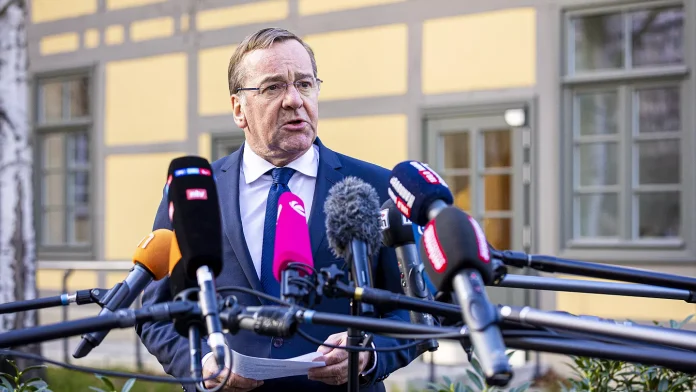German Minister Boris Pistorius reported an increase in the activity of Russian naval and civilian ships in the Baltic Sea. According to him, this creates tension in the region and provokes incidents that sometimes require the use of preventive measures such as shots in the air and water.
According to Pistorius, such incidents resemble a period of Cold War, when such behavior was common. Increased activity of Russian ships in the Baltitics is concern not only in Germany, but also among other countries in the Baltic region.
At the same time, the Minister noted that the increase in tensions in the Baltic Sea requires increased security and coordination measures among NATO countries that border the region.
Baltic countries, including NATO members, are already taking measures to strengthen defensive positions at sea. Russia's actions are considered as part of a hybrid strategy, which includes both military and civilian tools to create tensions in strategically important areas.
Boris Pistorius emphasized the importance of unity of the Allies in counteracting provocations and maintaining stability in the Baltic region. "We have known this since the Cold War," the minister added, emphasizing that historical experience can help respond more effectively to modern challenges.


